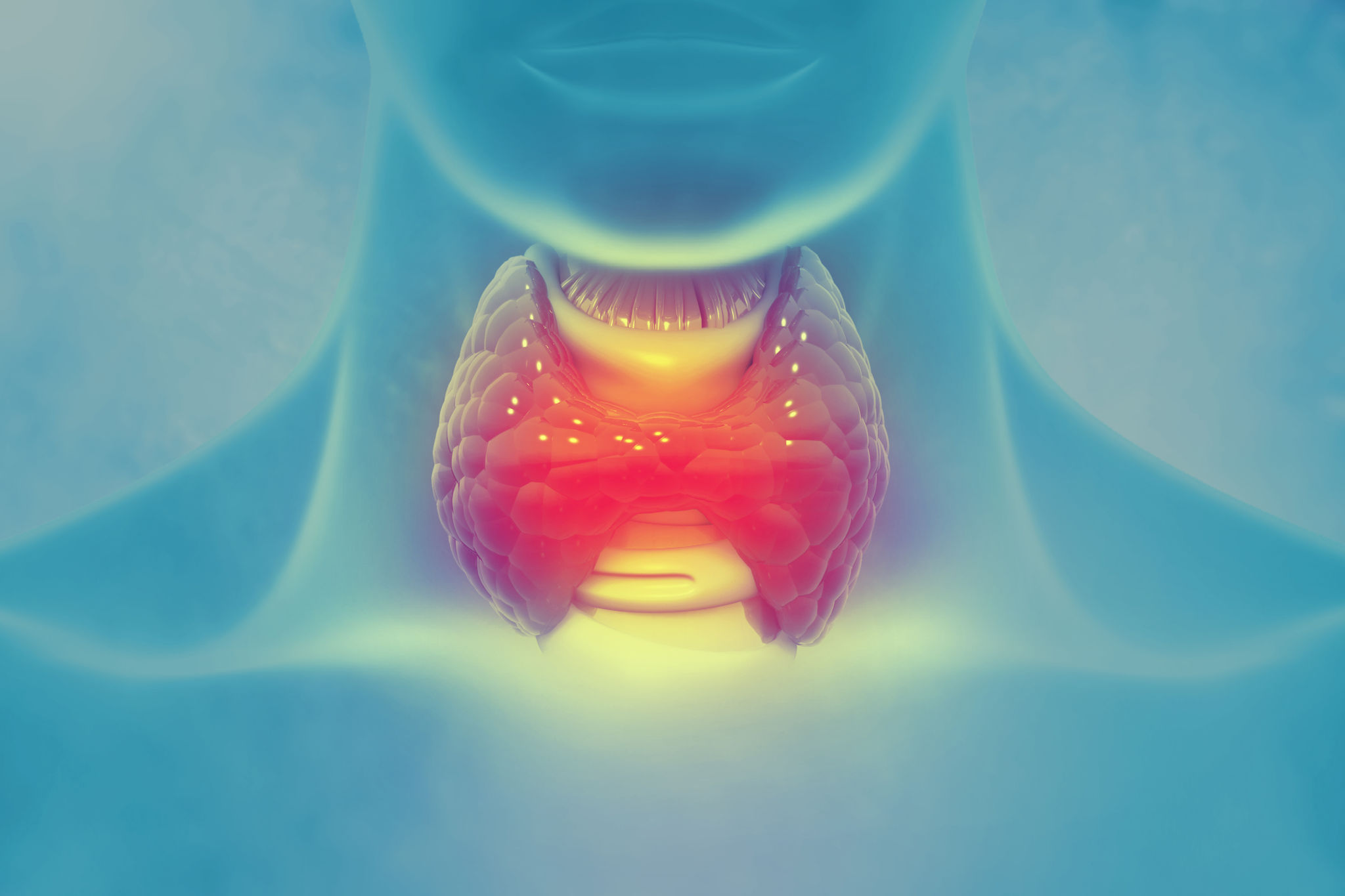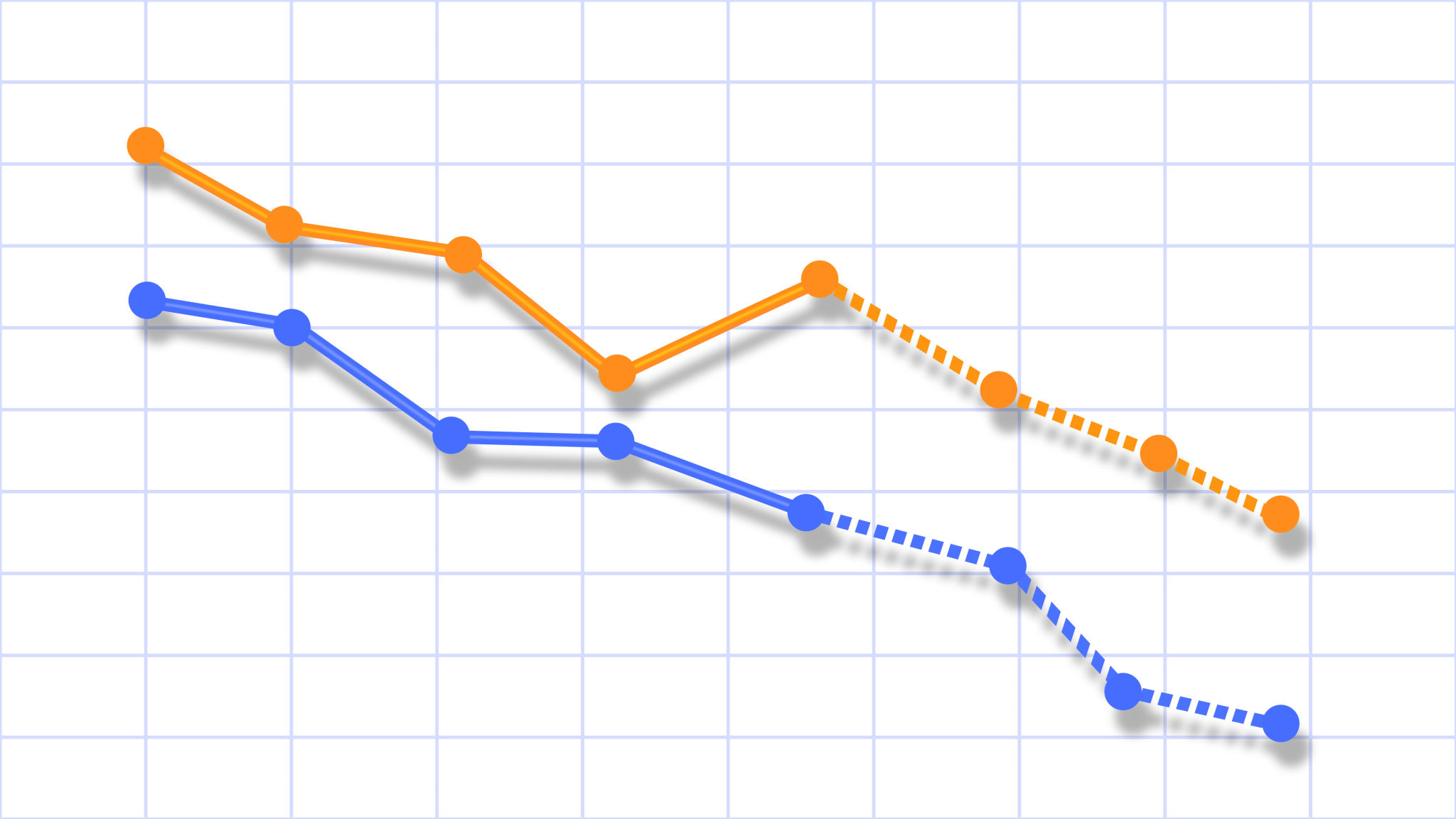Debunking Myths About Endocrine Health: What You Need to Know
Understanding Endocrine Health
The endocrine system is a network of glands that produce and release hormones, which play a critical role in regulating various bodily functions. Despite its importance, there are several myths surrounding endocrine health that can lead to confusion and misinformation. By debunking these myths, we can better understand how to maintain a healthy endocrine system.
One common misconception is that hormones only affect sexual health. In reality, hormones influence everything from metabolism and growth to mood and immune function. The endocrine system's complexity means that maintaining its health is vital for overall wellness.

Myth 1: Hormonal Imbalances Are Rare
Many people believe that hormonal imbalances are uncommon and only affect a small segment of the population. However, this isn't true. Hormonal imbalances can occur at any age and may result from various factors such as stress, diet, and environmental influences. Conditions like thyroid disorders, diabetes, and polycystic ovary syndrome (PCOS) are examples of common endocrine issues.
If you experience symptoms such as unexplained weight changes, fatigue, or mood swings, it might be worth discussing with a healthcare provider to determine if an underlying hormonal imbalance exists.
Myth 2: Endocrine Disorders Are Gender-Specific
There's often a misconception that certain endocrine disorders are exclusive to one gender. While it's true that some conditions like PCOS affect women, men can also experience hormonal imbalances such as low testosterone or thyroid issues. Both genders can suffer from conditions like diabetes and adrenal disorders.

This myth can prevent individuals from seeking appropriate care. It's crucial for everyone to pay attention to their body's signals and pursue professional advice when necessary.
Myth 3: All Hormonal Changes Are Age-Related
While it's common for hormonal changes to occur during puberty or menopause, not all changes are related to age. Lifestyle factors like diet, exercise, and stress levels can significantly impact hormone levels at any stage of life. For instance, chronic stress can lead to elevated cortisol levels, while poor dietary habits may disrupt insulin balance.
Maintaining a balanced diet and regular exercise routine can help support healthy hormone function and mitigate unnecessary fluctuations.

Steps to Support Endocrine Health
Understanding the truth about endocrine health empowers individuals to take proactive steps in maintaining it. Here are some strategies:
- Diet: Consume a balanced diet rich in whole grains, lean proteins, healthy fats, and plenty of fruits and vegetables.
- Exercise: Engage in regular physical activity to support metabolic health and reduce stress.
- Sleep: Ensure adequate sleep to allow the body to repair and regulate hormone production.
- Stress Management: Practice stress-reduction techniques such as meditation or yoga to keep cortisol levels in check.
The Importance of Professional Guidance
If you suspect an endocrine disorder or have concerns about your hormone levels, seeking professional medical advice is crucial. Endocrinologists specialize in diagnosing and treating hormone-related conditions and can provide personalized care tailored to your needs.
By staying informed and proactive, individuals can better manage their endocrine health and improve their overall quality of life. Remember, understanding your body is the first step towards achieving balanced wellness.